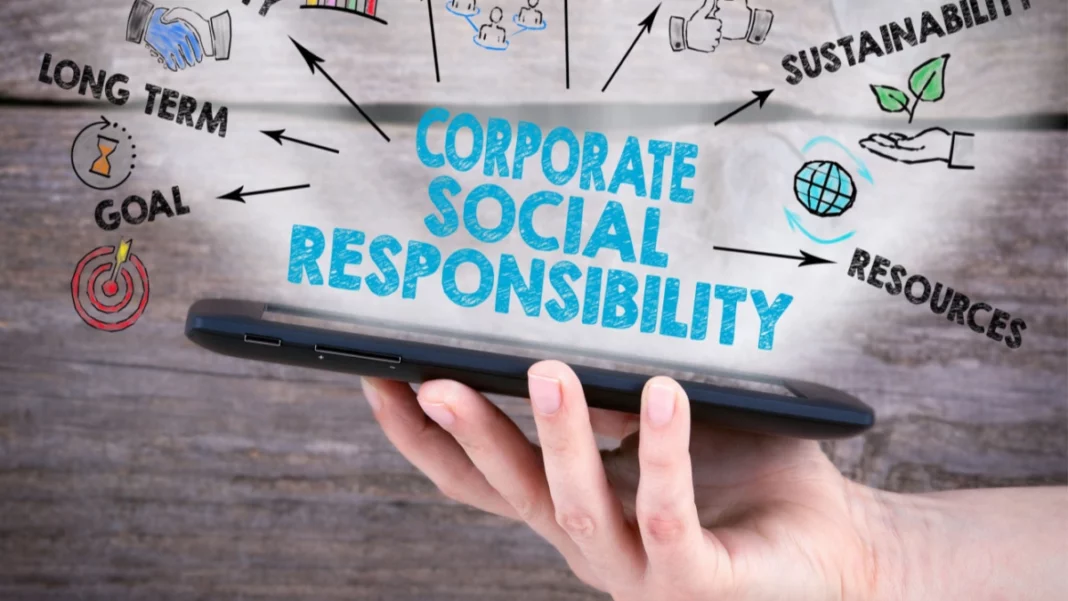CSR is the practice of businesses operating with an eye on their interests and the interests of society as a whole. It’s an approach to business that seeks to balance the needs of stakeholders – rather than just stockholders – to create long-term value and impact. Corporate social responsibility is not a new phenomenon, and it’s been around for quite some time. Over the years, we have seen different cases being solved with CSR practices – providing safe drinking water to slum dwellers or helping those who are differently able. In this blog post, we will go through the top 10 trends in CSR for 2022:
Need for CSR
It’s estimated that the world’s population will be 9 billion by 2030! With this increase in population, there is also an increase in pollution and greenhouse gas emissions. Businesses are often blamed for this pollution, so there has always been a need for companies to be more socially responsible.
People will place more value on health, safety, and the environment as they continue to get richer. This will mean that companies will need to become more socially responsible to meet customers’ expectations. This is especially true in B2-B markets, where customers are less visible and often lack the purchasing power to create significant pressure.
Recent Trends in CSR
- Implementation of all-electric infrastructure
- Forfeit actions for low climate action
- Taking initiatives for clean air
- Climate change disclosures
- From net-zero to environment positive
- Carbon equipoising continues
- Hybrid working to reduce company emissions
- Sourcing renewable energy
- Critical investment of ESG (environmental, social, and governance disclosures)
- Prioritizing customer opinions on sustainable products
Best CSR Activities Ideas
Create Social Impact Through Sustainability Programs
Businesses can reduce their carbon footprint while creating social impact by investing in sustainable energy and supply chain programs. Investing in sustainable energy programs can help businesses reduce energy costs, protect against price volatility, and reduce their carbon footprint. Similarly, sustainable supply chain programs can help companies reduce their carbon footprint by promoting responsible sourcing and design practices.
Create Communities Through Social Impact Initiatives
As businesses continue to invest in social impact initiatives, many will increasingly be interested in creating communities that engage people around social impact issues. Social impact initiatives that engage individuals to create stronger feelings in the community can help with retention and recruitment. In addition, social impact initiatives that create communities can help businesses improve their brand image and increase influence.
Promote Long-Term Value Creation and Social Impact
Many businesses have focused on short-term profit and have not spent much time creating social impact. As the business landscape becomes increasingly competitive, businesses will be forced to create more social impact.
For businesses to succeed in this changing landscape, they need to be able to create long-term value and impact. This can be done by promoting corporate social responsibility practices and engaging stakeholders in decision-making.
Also Read: How to Resolve the iPhone Error “Last Line No Longer Available”?
Josie Patra is a veteran writer with 21 years of experience. She comes with multiple degrees in literature, computer applications, multimedia design, and management. She delves into a plethora of niches and offers expert guidance on finances, stock market, budgeting, marketing strategies, and such other domains. Josie has also authored books on management, productivity, and digital marketing strategies.


